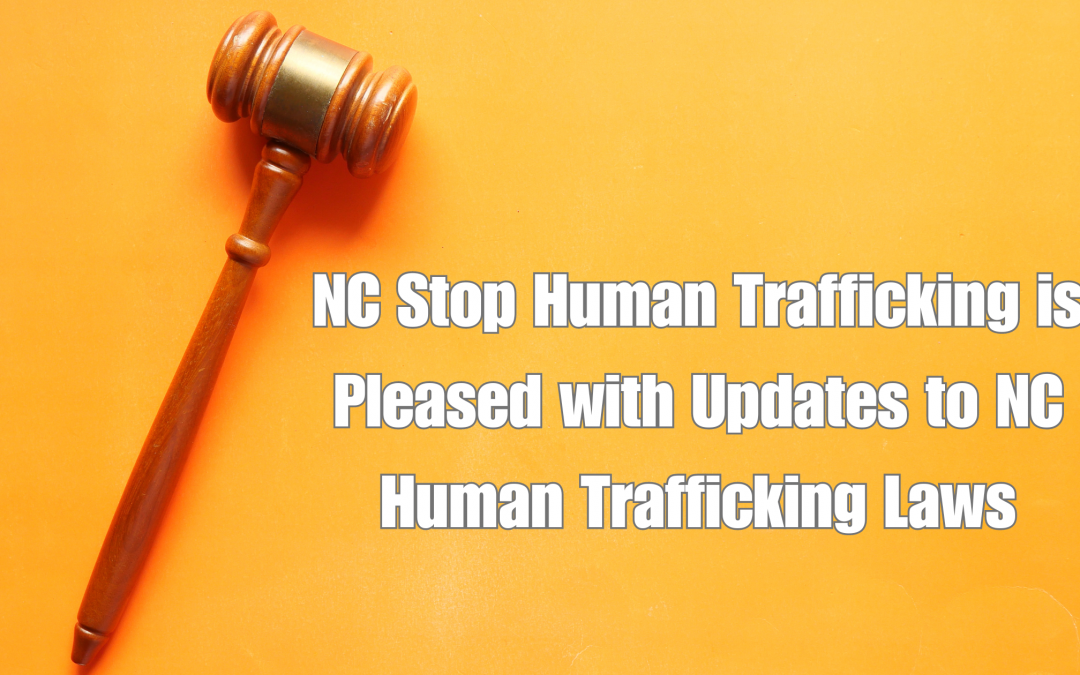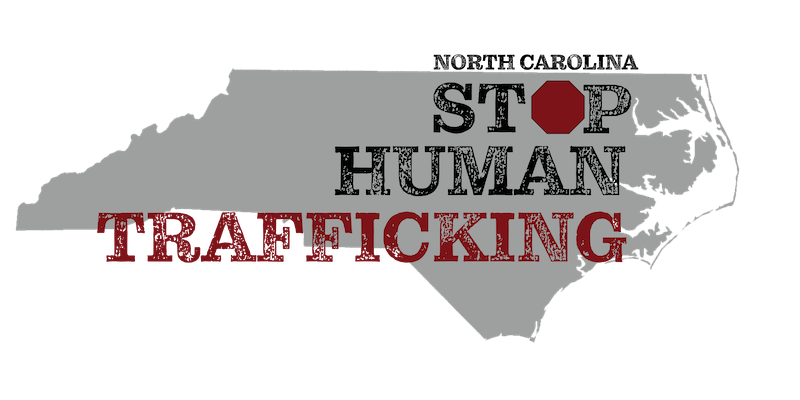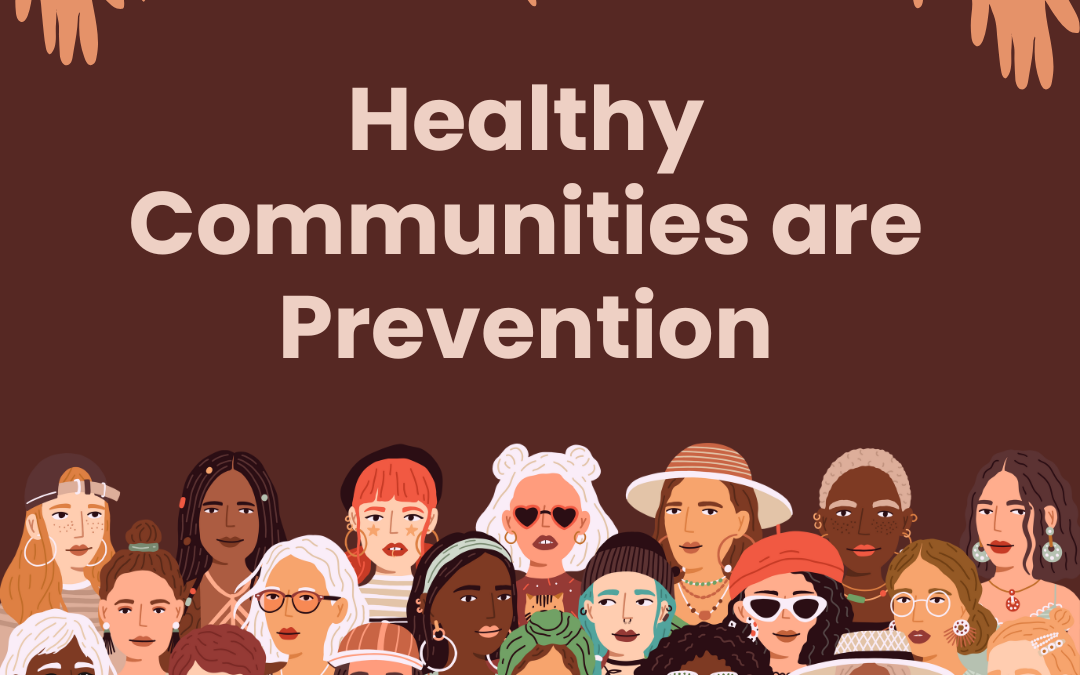Creating and organizing a healthy community helps prevent human trafficking. The prevention and end of human trafficking requires an approach implemented by all members of the community.
A healthy community promotes an environment of safety, connectedness, and opportunity. It is essential to understand that human trafficking cannot end by an individual effort but rather by a community. Examples and characteristics of a healthy community include:
Empower the community.
An empowered community actively tries to define the problem and solutions and carry out the initiative. The community members most affected by the issues should always have primary influence in outlining the solutions. Specific relational determinants involved with human trafficking are child abuse, dysfunctional home relationships, poverty, and those who lack social support, such as people who are a part of the LGBTQIA+ community and other marginalized communities. Supporting these communities prevents human trafficking.
See multiple areas of action.
Agencies and residents must carry out efforts throughout the community and tie them to a common focus. For example, the community will need to hold training sessions, meetings, and events to successfully raise collective awareness about human trafficking.
Support other organizations.
A healthy community has links to a network of different communities and professional disciplines. Finding other communities and organizations supporting anti-human trafficking prevention and intervention helps the community thrive.
Take a long-term approach.
Forming a healthy community is not something that can be achieved in weeks but rather in years. Community initiatives are often the result of years of building relationships. Building relationships steadily over time is more likely to be sustained.
Build awareness and support.
Supporting local anti-human trafficking organizations will help contribute to the work of eradicating human trafficking. Anti-trafficking organizations thrive through support and funds donated by the community. NC Stop Human Trafficking, for example, works on developing interagency collaboration to make stronger communities that are working to abolish human trafficking. Without the necessary funds and support, the mission to stop human trafficking would not be possible.
– Written by Ellie Bellia, outreach assistant. She can be reached via email at ellie@encstophumantrafficking.org

Labor trafficking is a form human trafficking
Labor trafficking is a form of human trafficking where a person exploits another for labor. It is difficult to identify case of labor trafficking.

NC Stop Human Trafficking is Pleased with Updates to Human Trafficking Laws in NC with Passage of H971
NC Stop Human Trafficking is pleased to announce the NC General Assembly passed and Gov. Roy Cooper signed H971, making solicitation of prostitution by a sex buyer a felony in North Carolina immediately.

